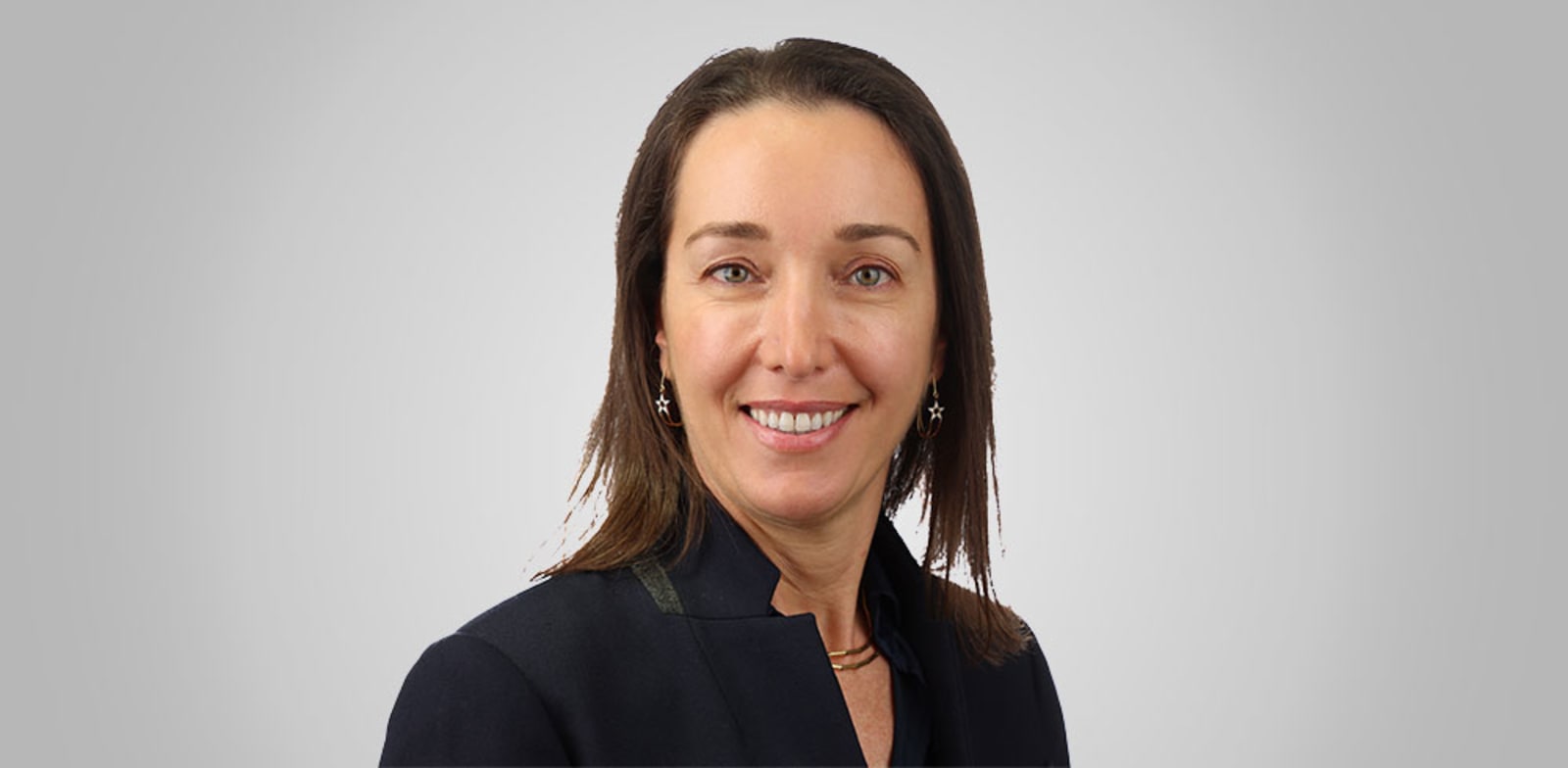[ad_1]
Shares in Israel biopharma firm PolyPid (Nasdaq: PYPD) plunged 73.47% on Friday, giving the corporate a market cap of simply $27 million, after a medical trial of the corporate’s D-PLEX100 product failed to satisfy its main endpoint. PolyPid is a developer of delayed launch antibiotics administered after surgical procedure, within the type of an implant that releases antibiotic materials on the surgical procedure web site. In its Section 3 trial, the corporate sought to reveal that its product decreased the incidence of surgical web site an infection (SSI) after stomach surgical procedure and prevented mortality, however no statistically vital distinction was present in these outcomes between sufferers to whom its product was administered and the usual of care (SoC) management group.
PolyPid stories that it obtained a request from the US Meals and Drug Administration (FDA) for evaluation of a selected sub-group of sufferers who underwent surgical incisions of 20 centimeters or extra. For this group, which the corporate had determined to look at even earlier than the trial started, a statistically vital discount in an infection was noticed. Basically, retrospective analyses of sub-groups in unsuccessful trials are thought of poor predictors of future success for a product, however since on this case the sub-group was chosen for separate examination earlier than the trial, the outcome could possibly be vital.
The query is whether or not the corporate is in a position and keen to seek out the assets to hold out an additional trial on this sub-group, and what the potential market is amongst this group. In an interview with “Globes” a month in the past, PolyPid CEO Dikla Czaczkes Akselbrad stated that the corporate had adequate money for a 12 months, however that calculation didn’t take into consideration an extra trial.
The FDA does sometimes approve a product on the market on the idea of sub-group trial outcomes, mainly when it’s a matter of a breakthrough remedy, and the FDA has outlined PolyPid’s product as such. These circumstances are uncommon, nonetheless, and the FDA often calls for an additional trial.
Following the path, Czaczkes Akselbrad stated, “Whereas these top-line outcomes didn’t meet our expectations following the extremely compelling constructive information generated in our Section 2 examine, we stay assured sooner or later potential of D-PLEX100. The SHIELD I examine, whereas well-executed and balanced, had a considerably decrease SSI price within the SoC therapy arm of 6.3% %, as in comparison with mid-teens proportion an infection price for colorectal surgical procedures in keeping with printed literature on the time of the examine design. The general an infection price in SHIELD I used to be meaningfully impacted by the COVID-19-related security restrictions launched within the surgical setting throughout that point, an element that decreased the an infection price in surgical procedures throughout the COVID-19 pandemic. The low an infection price within the SoC therapy arm of the trial, considerably under historic an infection charges in keeping with colorectal most cancers procedures, established a low baseline from which it was extremely difficult to indicate a major impact on SSIs.
RELATED ARTICLES

PolyPid licenses surgical an infection prevention drug to Advanz
“Trying forward, we’re inspired by the information generated within the pre-specified subgroup evaluation that evaluated the first endpoint in topics with incision lengths over 20 centimeters, which demonstrated a 54 % discount in SSI charges between the D-PLEX100 therapy arm and the management arm. We intend to additional assess the collective outcomes of SHIELD I and focus on the COVID-19 pushed decrease than anticipated total an infection price within the examine with the FDA.”
The corporate is finishing up one other trial of the identical product for a similar indication, meant as a validation trial for the present trial, on a broader vary of sufferers. Thus far, 200 sufferers have been recruited for this trial. PolyPid will now focus on its future with the FDA.
Within the two and a half months earlier than publication of the trial outcomes, PolyPid’s share worth rose 40%, in anticipation of constructive outcomes, and after the corporate signed a commercialization settlement for its product in Europe with Advanz Pharma. PolyPid obtained an advance cost of $2.6 million, and was resulting from have obtained an additional $12.5 million had the outcome been good, and one other $110 million plus royalties if the product was registered on the market and succeeded available in the market place.
PolyPid was based within the Xenia Enterprise Capital incubator, and has to date raised $120 million. The primary buyers in PolyPid earlier than its IPO have been Morris Kahn’s Aurum Ventures; CHealth Ventures, managed by Chaim Hurvitz; the Pleasant Angels Membership group; Gary Leibler’s Shavit Capital; Vincent Tchenguiz’s Consensus Enterprise Group; and Xenia Enterprise Capital. One other substantial investor is Leon Recanati’s GlenRock. Within the IPO in June 2020, the corporate raised $60 million at a post-money valuation of $272 million, that means that it’s now traded at lower than 10% of its IPO valuation.
Czaczkes Akselbrad was appointed CEO of PolyPid in early July to steer the method of registration with the FDA and the transition of the corporate to the industrial stage. She beforehand served as CFO at a number of Nasdaq-listed firms, one in all them being Compugen. PolyPid employs 80 folks, primarily in Israel.
Revealed by Globes, Israel enterprise information – en.globes.co.il – on September 5, 2022.
© Copyright of Globes Writer Itonut (1983) Ltd., 2022.

